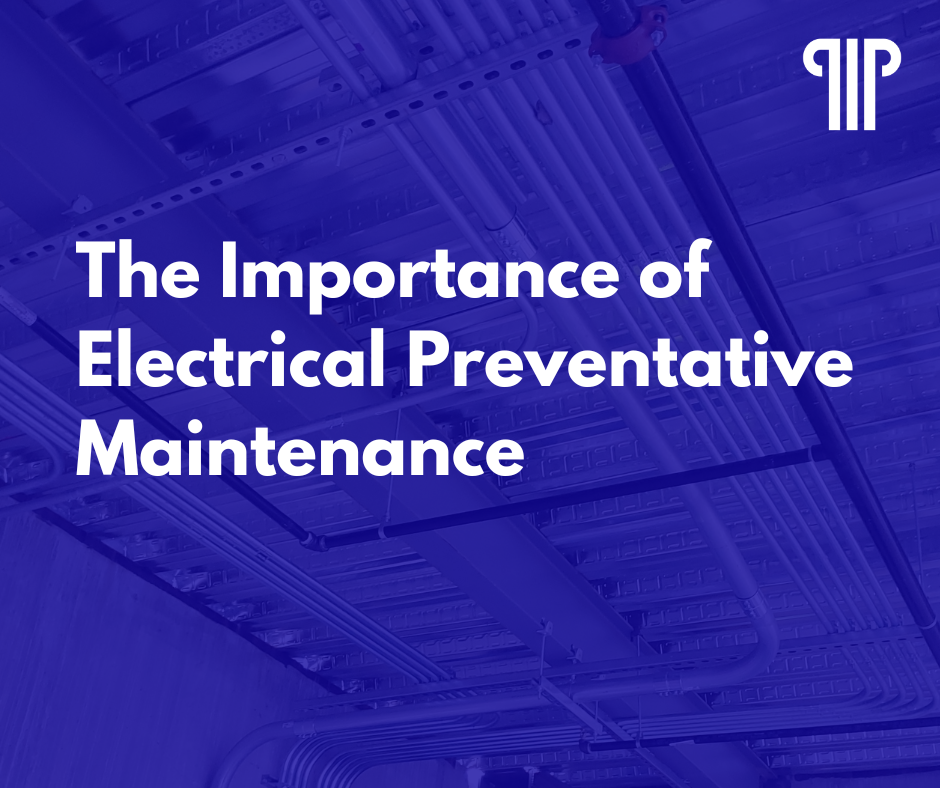
Overall, electrical preventative maintenance plays a crucial role in ensuring safety, reliability, efficiency, compliance, and cost-effectiveness of electrical systems. It helps businesses and individuals mitigate risks, optimize operations, and protect their investments in electrical infrastructure.
Electrical preventative maintenance is important for several reasons:
- Safety: Electrical systems can pose significant safety risks if not properly maintained. Regular inspections and maintenance help identify and address potential hazards such as faulty wiring, loose connections, or worn-out components. By addressing these issues proactively, the risk of electrical fires, shocks, or other accidents can be minimized.
- Equipment Reliability: Electrical equipment, such as circuit breakers, transformers, and motors, can experience wear and tear over time. Regular maintenance helps ensure that these components are functioning properly and can detect early signs of failure. By identifying and repairing issues before they escalate, preventative maintenance helps avoid unexpected equipment breakdowns and costly downtime.
- Energy Efficiency: Inefficient electrical systems can result in energy wastage and increased utility costs. Preventative maintenance allows for the optimization of electrical equipment, ensuring that they operate at their peak efficiency. By cleaning and lubricating components, adjusting settings, and identifying energy-saving opportunities, maintenance activities can contribute to energy conservation and cost savings.
- Compliance with Regulations: Electrical systems are subject to various regulations and codes to ensure safety and reliability. Regular maintenance helps maintain compliance with these standards, ensuring that electrical installations and equipment meet the required guidelines. Compliance with regulations also helps avoid legal penalties and potential liability in case of accidents or injuries.
- Extended Equipment Lifespan: Well-maintained electrical systems tend to have a longer operational life. By identifying and addressing issues early on, preventative maintenance can prevent premature equipment failure and extend the lifespan of electrical components. This can result in cost savings by reducing the need for frequent replacements.
- Risk Management: Electrical failures can lead to costly repairs, business disruptions, or even catastrophic incidents. By implementing preventative maintenance programs, businesses can proactively manage the risks associated with their electrical systems. Regular inspections, testing, and maintenance help identify potential problems and allow for timely repairs or replacements, minimizing the likelihood and impact of failures.

